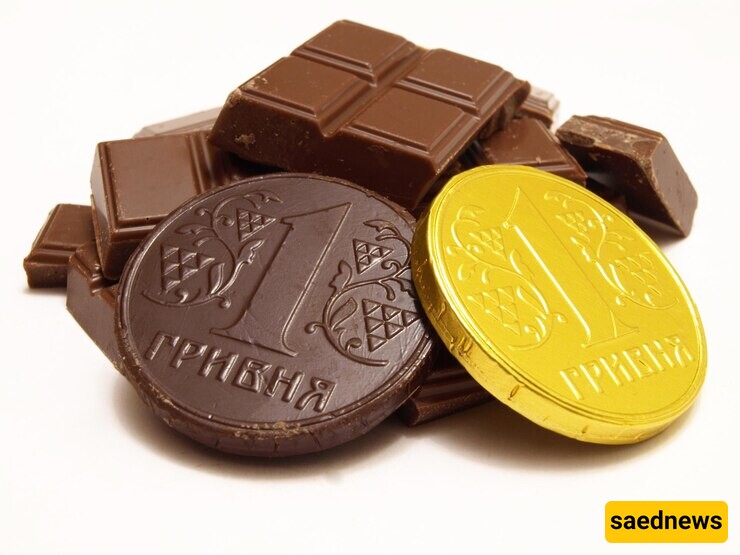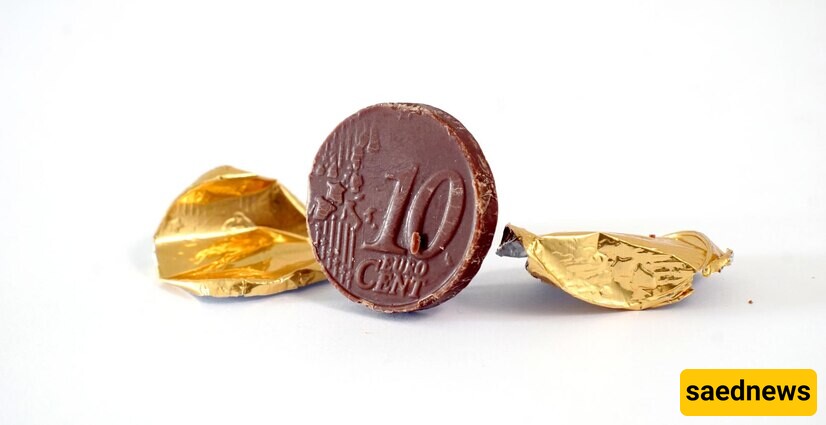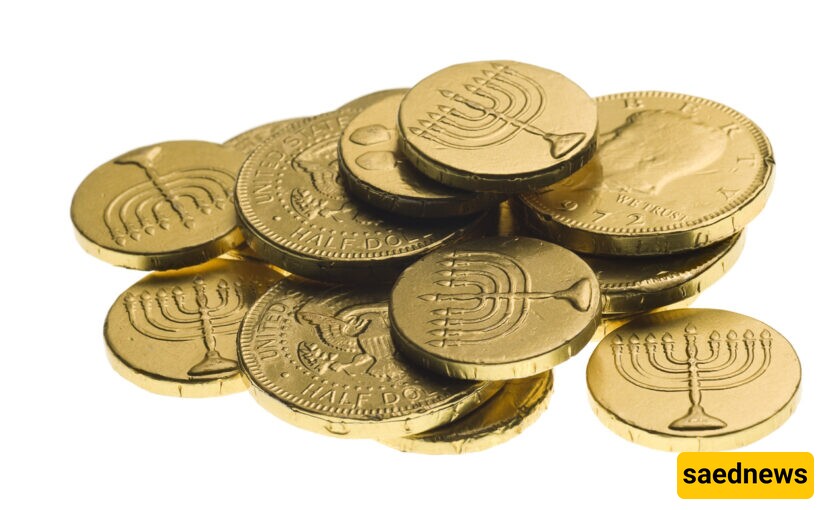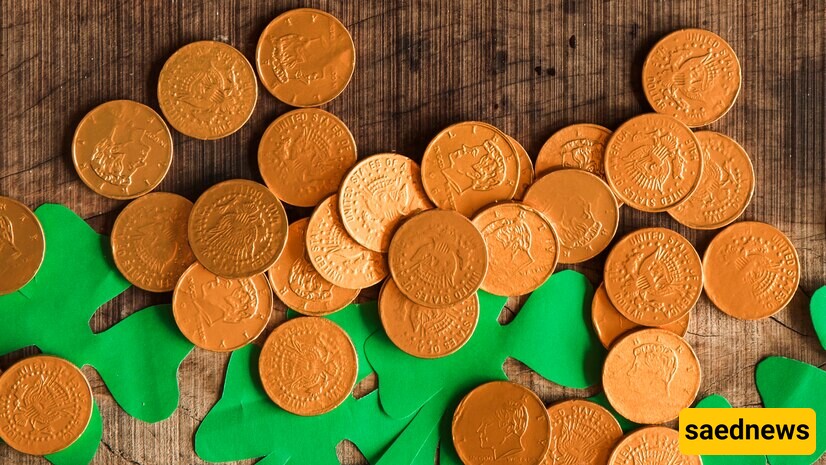SAEDNEWS: Chocolate, now cherished as a sweet indulgence, was once far more valuable. In ancient societies, cacao beans served as a form of currency, holding significant importance in both trade and cultural practices.

According to SAEDNEWS: long before chocolate delighted taste buds, cacao beans were considered a form of wealth. Among the Maya and Aztecs, these beans were more than just food—they served as currency. Their worth stemmed from their limited supply, as cacao trees only thrived in specific tropical regions, making them both rare and valuable. Historical accounts suggest that 100 cacao beans could buy a slave, and smaller transactions, like purchasing food or clothing, were commonly measured in cacao.

Cacao beans were ideal as money because they were small, easy to carry, and durable. Beyond their use as currency, they held cultural significance as the main ingredient for xocoatl, a frothy, bitter drink believed to provide energy and vitality. This drink, primarily consumed by the elite and warriors, added further prestige to the beans. Counterfeiting cacao beans was a common issue. Traders would fill hollowed-out shells with dirt to make them appear authentic.
The Aztecs elevated cacao beans to a central role in their economy. Cacao became a primary medium of exchange with no coinage system. Tribute payments to the empire were often made in cacao, underscoring its importance in trade and governance. The Aztecs kept detailed records of cacao bean transactions, showcasing their sophisticated economy.
Spanish explorers in the 16th century were surprised to discover cacao’s dual role as food and currency. Although the bitter taste of cacao drinks initially puzzled them, they quickly recognized the beans’ value in trade. Once introduced to Europe, cacao was transformed into sweetened chocolate and became a luxury item for the aristocracy. While cacao beans lost their monetary function in Europe, they became a prized commodity in the expanding chocolate market.

As European colonizers established cacao plantations, its supply increased significantly. This abundance diminished its rarity, and cacao eventually ceased being used as currency. The introduction of standardized coinage systems also contributed to its decline. Despite this, cacao’s role as currency remains a fascinating historical chapter.

Although cacao beans no longer serve as currency, their legacy remains deeply influential. The modern chocolate industry, now worth billions, exemplifies how cacao has evolved from a symbol of ancient wealth to a beloved global delicacy. Interestingly, the concept of alternative currencies, such as cryptocurrencies, mirrors cacao’s historical role in redefining economic systems. This connection highlights cacao’s enduring significance as a bridge between culture, economy, and tradition. From its early use as a treasured unit of exchange to its transformation into chocolate, cacao’s journey reflects humanity's ingenuity in adapting monetary systems. The next time you savor chocolate, let it remind you of its fascinating origins rooted in history and innovation.

